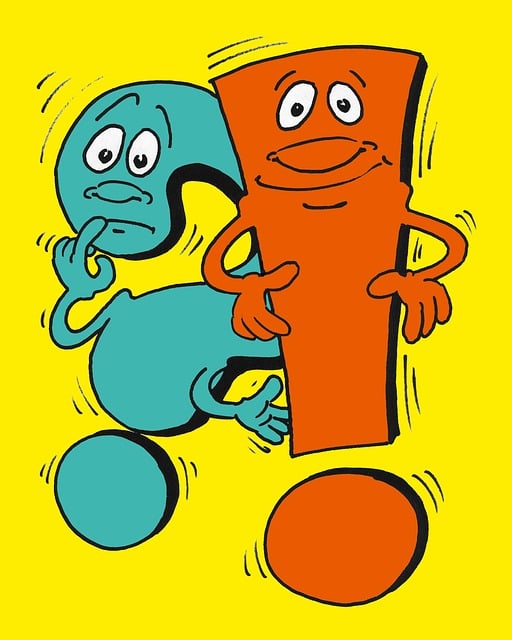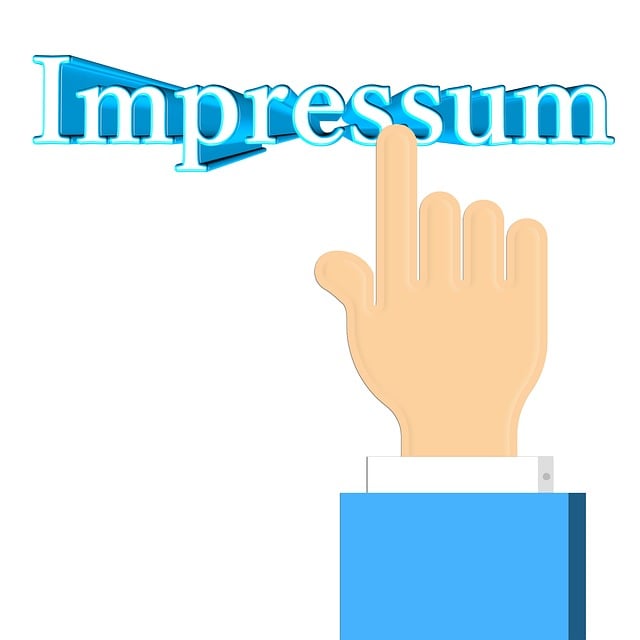Uncontrolled gambling can lead to serious consequences. Responsible gambling involves self-assessment, understanding play patterns, managing emotions, and setting financial limits to keep it as entertainment. Tools like questionnaires help individuals critically examine their gaming behaviors early on. Promoting healthy habits and awareness reduces risks, with support mechanisms available for those struggling.
Gambling can be a complex issue, impacting individuals and communities in various ways. This article explores gambling self-assessment as a crucial step towards understanding and addressing problematic gambling behaviors. We delve into the tools and resources available for personal evaluation, emphasizing the importance of early recognition. Additionally, we highlight strategies to promote responsible gambling practices and access support networks, ensuring a healthier relationship with gaming. By embracing open dialogue and utilizing assessment tools, individuals can take control and foster a culture of responsible gambling.
- Understanding Gambling Habits and Their Impact
- Tools for Self-Assessment: Evaluating Personal Behavior
- Promoting Responsible Gambling Practices and Support
Understanding Gambling Habits and Their Impact

Gambling habits, when left unmonitored, can lead to significant personal and social consequences. Understanding one’s relationship with gambling is a crucial step in practicing what’s known as responsible gambling. It involves recognizing patterns of play, frequency, and the emotional impact that it has on an individual’s life. By self-assessing, one can pinpoint if their gambling behavior is causing distress or negatively affecting personal relationships, work performance, or financial stability.
Responsible gambling encourages individuals to set limits, stick to them, and only engage in activities they can afford. It’s about being aware of the potential risks and taking proactive measures to mitigate any adverse effects. Through self-reflection and open dialogue, individuals can gain a deeper understanding of their habits, making informed decisions to ensure gambling remains a form of entertainment rather than an escape from or cause for financial strain.
Tools for Self-Assessment: Evaluating Personal Behavior

Gambling self-assessment is a crucial step towards practicing responsible gambling. Tools for self-evaluation allow individuals to critically examine their personal behaviors and attitudes towards gaming. These tools often include questionnaires, surveys, or journaling prompts designed to uncover patterns and potential issues. By evaluating factors like frequency of play, stakes involved, and emotional impact, individuals gain valuable insights into their relationship with gambling.
Self-assessment enables folks to identify risky behaviors early on, promoting healthier habits and responsible gaming practices. It encourages transparency and self-awareness, which are essential for making informed decisions about personal spending and time management. Ultimately, these tools empower individuals to take proactive measures in ensuring that gambling remains a form of entertainment rather than an addictive pursuit.
Promoting Responsible Gambling Practices and Support

Promoting responsible gambling practices is an essential aspect of ensuring a healthy and positive relationship with gaming. Many organizations and regulatory bodies now emphasize the importance of integrating support mechanisms to help individuals who may be struggling with gambling-related issues. These initiatives focus on educating players about the potential risks and rewards, encouraging self-regulation, and providing accessible resources for those in need.
By fostering a culture of responsible gambling, we can empower individuals to make informed decisions while minimizing the negative impacts often associated with excessive or problematic gambling behavior. This includes offering counseling services, support groups, and self-exclusion programs that allow individuals to take control of their gaming habits and seek assistance when needed.
Gambling self-assessment is a crucial step towards promoting responsible gambling practices. By understanding our habits, evaluating personal behavior using available tools, and accessing support, we can navigate this popular pastime in a healthier, more balanced way. Remember that responsible gambling involves knowing your limits and playing for enjoyment, not as a means of escaping life’s challenges. Embrace these principles to ensure gaming remains a form of entertainment rather than a potential source of harm.






